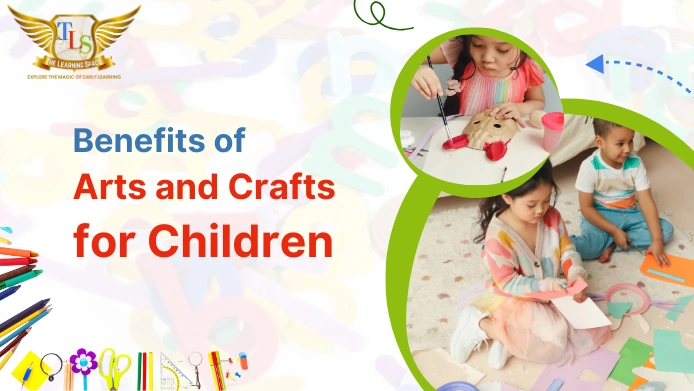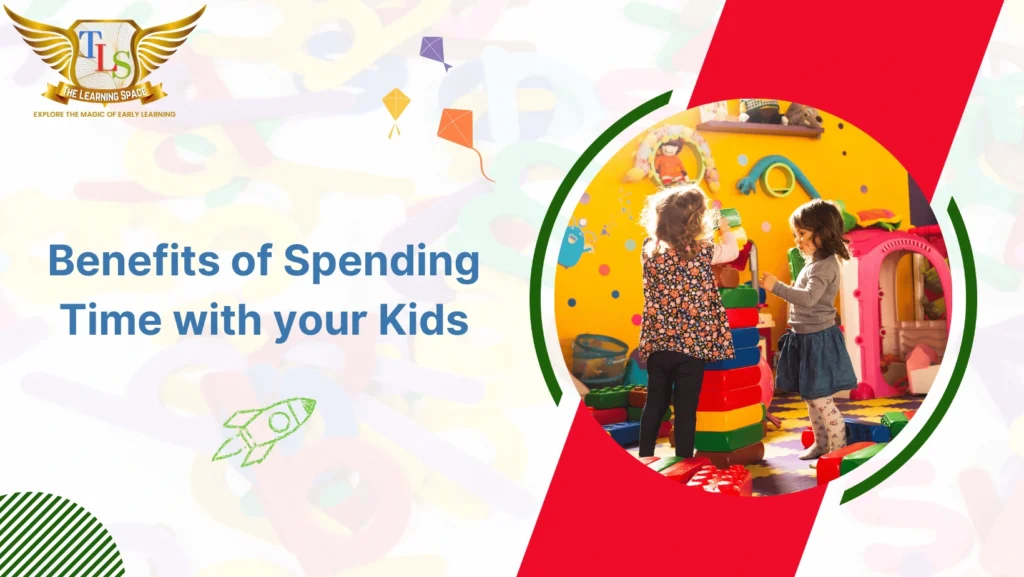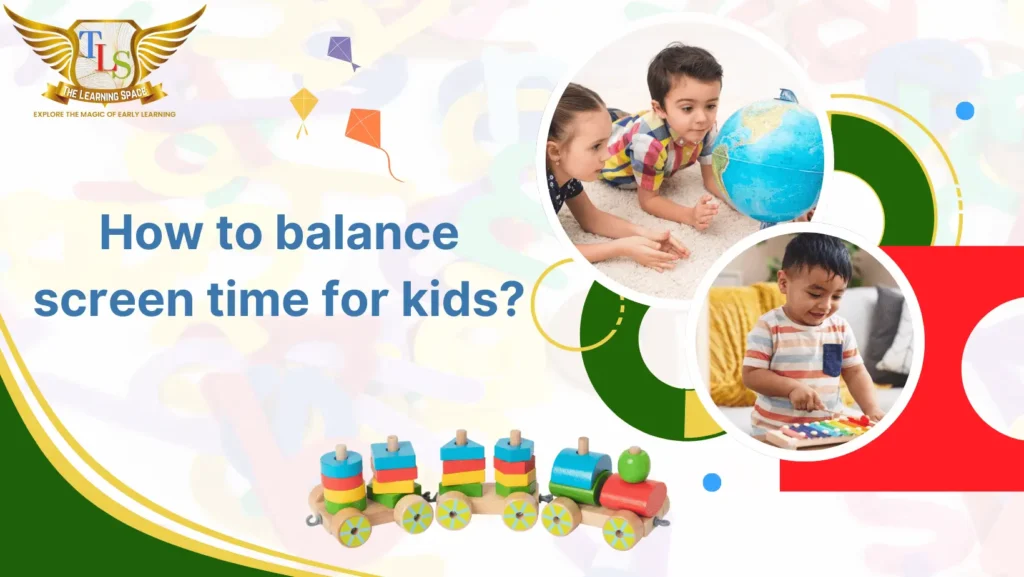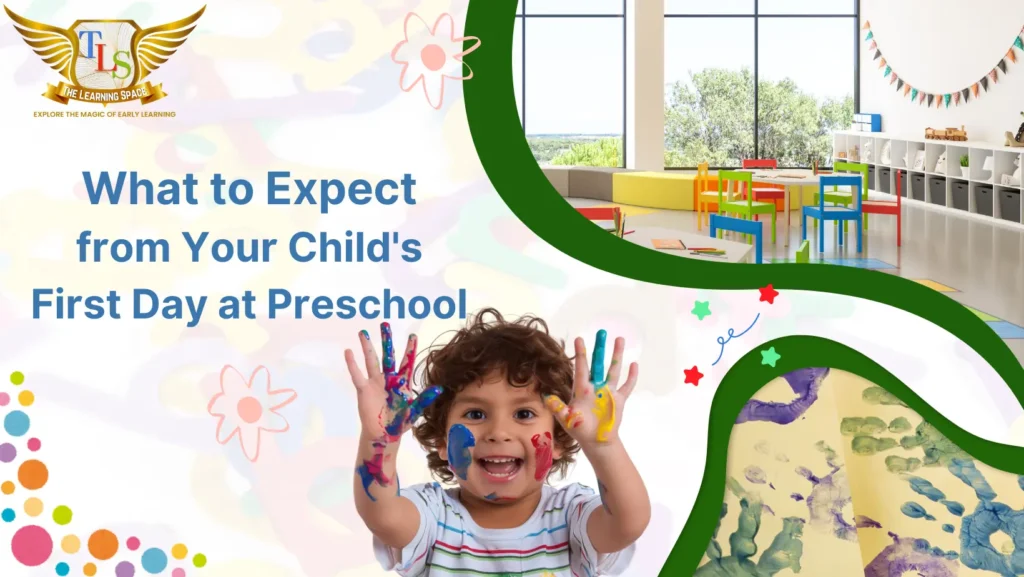What is the Right Age for Pre-KG: A Complete Guide for Parents
A milestone in a child’s life is reaching the completion of Pre-KG. The first question parents instantly ask themselves is, “How old is old enough for Pre-KG?” Being well-informed about the specific time when do you start pre kindergarten will make the study of the process that will result in a smooth transition and positive experiences of learning as an outcome. What Is Pre-KG? Pre-KG, or Pre-Kindergarten, is an early childhood education program that is designed to be taken by children before they start official studies. The primary objective is to encourage the acclimatization of children to the organized system of schooling by teaching them how to do basic functions, socialize and acquire skills. Pre-KG is supposed to give children the opportunity to develop a stimulating and interactive environment where they can be exposed to basic literacy, numeracy, and life skills. It is significant to mention that the program input is of the playful type, which means that it is the children who learn by following various activities. Among some of the activities would be storytelling, singing, drawing, and group play. These very first encounters set the stage for the child to develop an attitude toward learning and behavior in society. What Is the Right Age for Pre KG? The appropriate age for Pre KG is between 2.5 to 4 years. However, it may change with the readiness of the child and the educational system of the area. Some institutions allow children aged 2.5 to join them, whereas others recommend 3 to 4 years to be the most suitable year. The appropriate time for the child to go to a school of the kindergarten level should be settled by the child’s mental, social, and emotional development and not the child’s age. Aspects to Consider When Determining the Pre KG Age Cognitive and Emotional Readiness The mastery of the basic commands, the expression of emotions, as well as the child’s stamina and endurance, are the most essential skills a child needs to acquire. Draw together characteristics such as the child’s inquisitiveness, his attention, or his disposition to comply with simple routines to establish if he is all set. A child who is fond of listening to a story tries out new activities, as well as enjoys the games with colours, numbers, and shapes can be considered Pre-KG ready in the mind. Physical Development Milestones Fine and gross motor skills remain of utmost importance at the Pre-KG level. Your child is learning to eat by himself, run, jump and hold a pencil, you should also train him on these activities as they are some of the most prevalent for his socialization and daily care. The ability to hold a pencil, climb stairs, and dress oneself suggests the child’s physical readiness. Social Skills and Interaction Ability Children must be comfortable in the presence of their peers and teachers. It only depends on sharing, taking turns, and communicating one’s basic needs which can allow them to feel the changes easily and cope with their preschool routine. The readiness to practice group play, bonding with siblings or friends, and taking part in simple social activities supports the idea. Parental and Family Readiness Parents should first evaluate their readiness. Are you ready for your child’s going to school? Have you allocated time and the necessary resources to help your child study and adapt to a new daily schedule? A stable home environment, regular bedtime, and consistent routines will help the child get used to the structured learning setting. Benefits of Starting Pre-KG at the Right Age Strong Foundation for Education Setting children to Pre-KG at the right age has a strong foundation set for learning that lasts in the future. The course is designed in such a way that children pick up basic language, numbers, and creativity in a very re-instructed and playful way. Awareness of the skills given through learning and engaging with structured activities takes the children’s logical and problem-solving levels to a higher one. Better Social and Emotional Skills Building self-confidence through interactions with both instructors and peers not only gives children social confidence but also enables them to regulate their emotions and be independent. Early exposure to social tools is a preparation stage for the future of children such as working in joint activities and positive cooperation through peer relationships. In addition, by provoking different social settings, they become able to deal with success and control disappointment while they also gain empathy skills with others. Improved Communication Abilities Children in Pre-KG are taught how to express themselves clearly with or without the presence of others. This ownership of instruction makes it easier for children to understand instructions, ask questions, and participate in group discussions. Moreover, they rapidly assimilate more words and gain a better understanding of the language itself, which is exactly what they need for their reading skills. Stronger Motor Skills and Physical Growth The participation of children in activities like coloring, cutting, running, and climbing has fine motor and gross motor skills improved, which ensures motor development and hand-eye coordination. By doing that, children also into sensory play, outdoor play, and art-related tasks will be the best in terms of motor control. Signs Your Child Is Ready for Pre-KG Follows Simple Instructions If your offspring can actively listen, and deftly complete a simple task, such as picking up toys or putting on shoes, then probably they are midgets in Pre KG. Comprehension and tracking are fundamental cognitive skills that are demonstrated through adherence to daily activities and routines. Independent Feeding and Potty Training Most of the schools want kids who are totally or at least partially toilet-trained and who can handle the meals by themselves. If they are self-sufficient in these two areas, then they may be ready to learn. Showing them how to wash their hands after meals will also lead to their school success by implementing a safe distance during class activities. Engages With Peers Kids who love to play with others, share, and join group activities,









